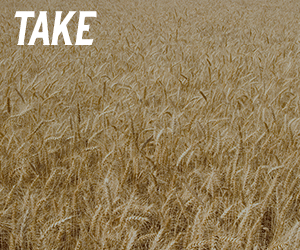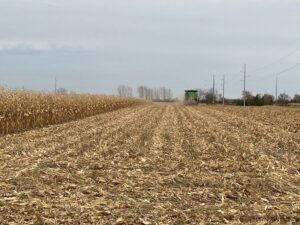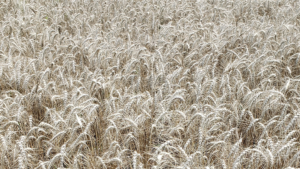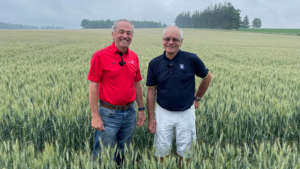A look back at the season
LEARN, PREPARE, GROW FOR 2024
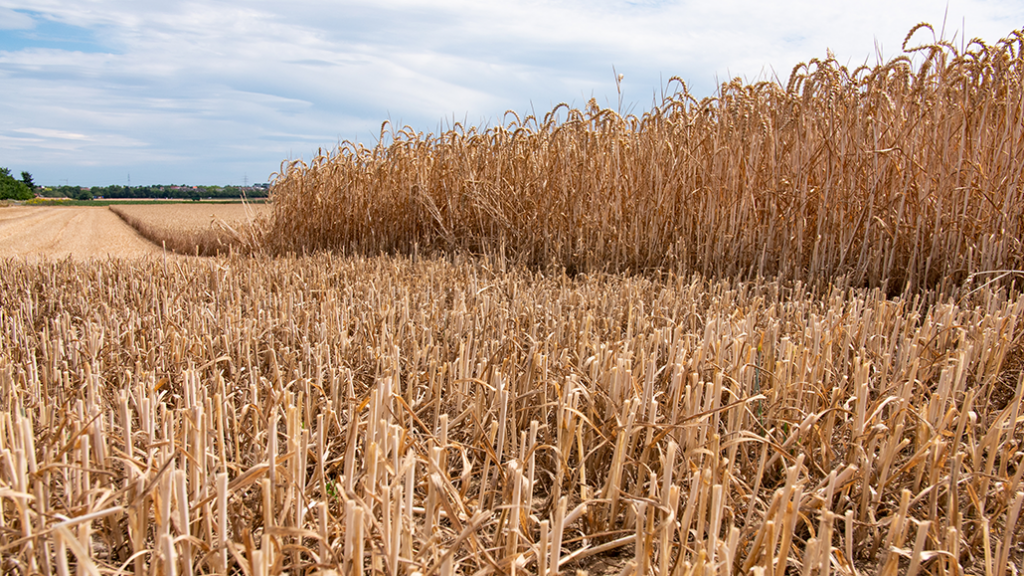
AFTER THE 2023 crop harvest, 2024 crop planning and goal setting begins. However, before jumping right into crop planning, take time to reflect on the 2023 crop and the previous three to five crop years. This is an important step that, if missed, could cost a grower not just extra financial expenses by paying for additional crop needs and services but also possibly a lack of anticipated yield.
So, what does reflecting really mean? It means thinking deeply and carefully about something.
STEPS TO FOLLOW
One — use the tools and resources you had accessed during planting, throughout the growing season, and into harvest.
Although yield and quality of the harvested crop are the end goal for most growers financially, the question to ask is, ‘How did I get there?’. Whether that result is good, bad, or somewhere in between, the data collected throughout the previous and past seasons are key to investigate.
Examples of tools and resources that you may have relied on include:
• Personally collected data: written down notes; even chicken scratch notes can be of value.
• Digital platform data: pull data from platforms you may have used, such as Climate Fieldview, Trimble Ag Software or another type of digital platform.
• Agronomic: ask for a review of your purchases and connect those with the issues encountered and the result.
• Other people you worked with throughout the season: this could be a neighbouring grower, another grower you met through social media, or someone you discussed for a solution or ideas to grow your farm business.
Two — growing environments
One of the top factors for quality crops is the growing environment. Reviewing and reflecting on what type of growing environments the crops were grown in over past years is a good way to know and plan for the potential growing environment of the next crop and how to manage different situations.
An example of this type of reflection is thinking about the intense heat and humidity we experienced in July (when this article was written). Was there something that was done to reduce the crop stress or ensure the crop was getting the nutrients it needed? This will be a question to discuss with your local retail agronomist or agronomist to know what will work best for you and your farm.
It is important to note if the previous year’s growing conditions may have stressed the crop and possibly had an effect that resulted in lower yield and poor quality.
Three — personal and agronomist scouting observations
As you scouted your crops throughout the growing season, you may have noticed different weeds, non-beneficial insects, or signs of the crop that looked a bit odd. Your local retail agronomist or agronomist may have also noticed these and recommended a solution. Ask and reflect on what both you and your agronomist observed, what was recommended, what was done, and what was the result.
Four — Noting the ‘should have, would have, could have’ thoughts.
From pre-plant to the end of harvest, many, ‘Oh, I should have done this instead’ may have been said when dealing with a challenge at the moment. Many of these situations happen; frustration arises, then you simply move on to find the solution or walk away from it. Reflect on these moments you remember or have written down throughout the season. These can be helpful in preparing for pre-planting.
CREATE A PLAN
Taking time to reflect on the previous year’s growing season can be very helpful for crop planning and overall peace of mind. If you have already endured a certain challenge or success, you may know what happened to achieve that result and have a general idea of what to do and not to do.
After you have finished reflecting is a great time to schedule a meeting with your local retail agronomist or agronomist to review your reflection notes. This will give you the time to create realistic agronomic and financial goals.
After or during this meeting is a great time to start creating a crop plan. You can discuss what products will work best for you to reach your farm goals and the budget your retail has to work with. Also, if you start to plan early, you may get the financial benefit of the early order and possibly the bulk discount programs available.
Kelsey Banks is an agronomist in eastern Ontario. •


